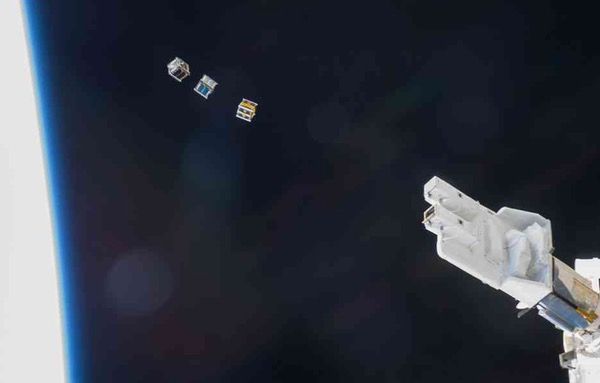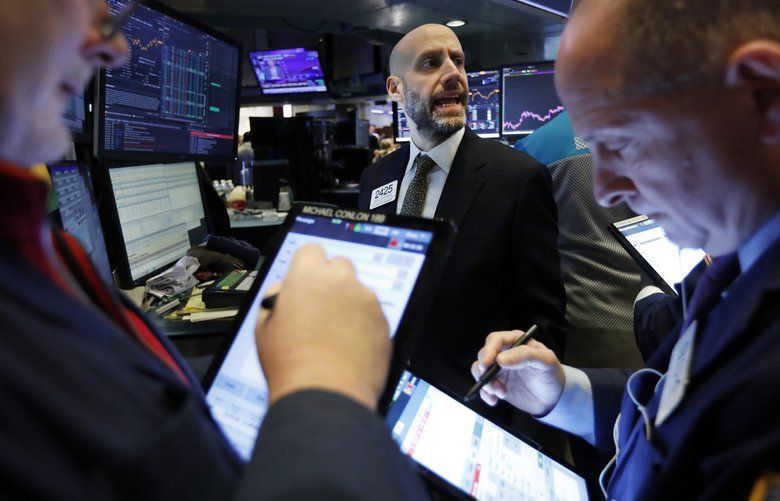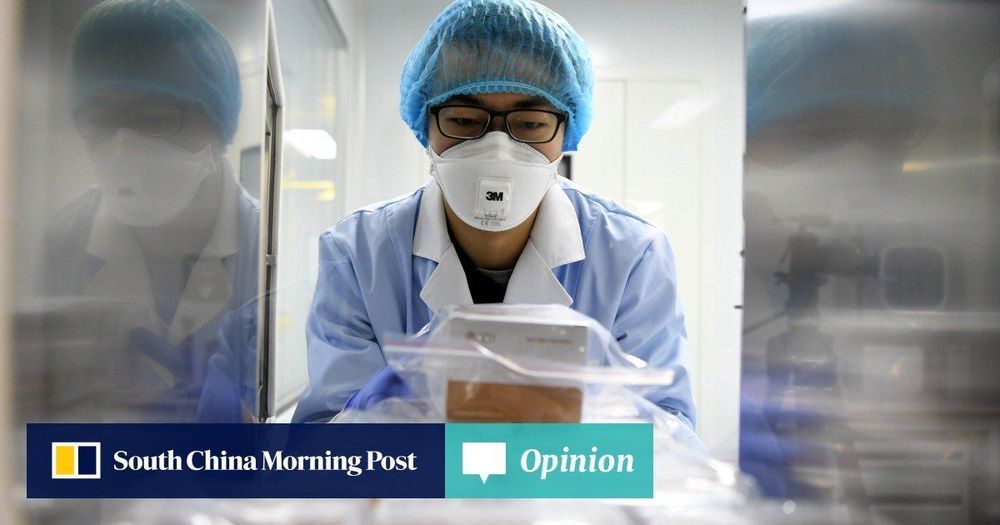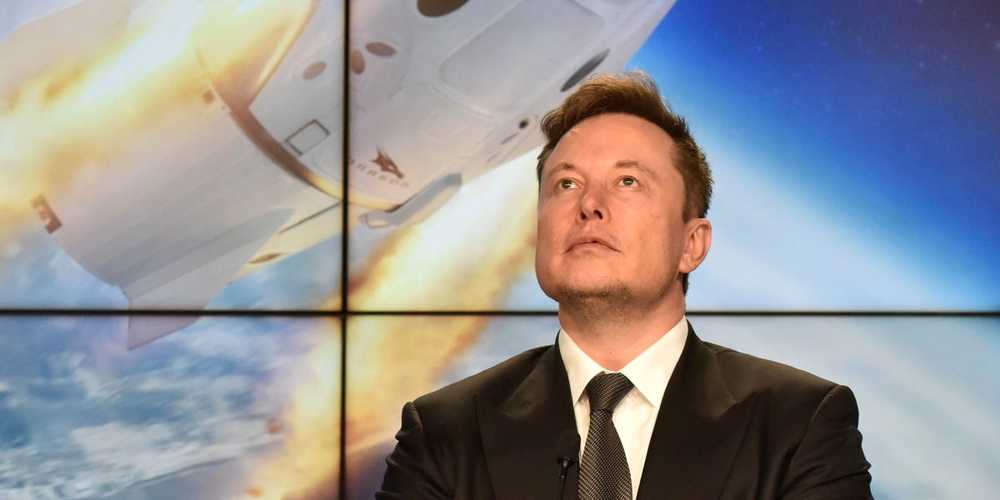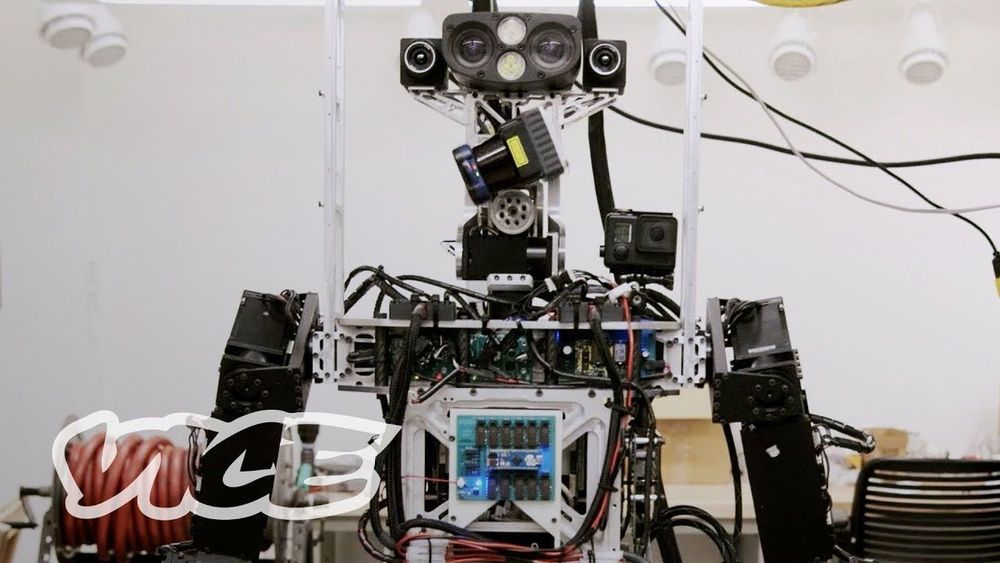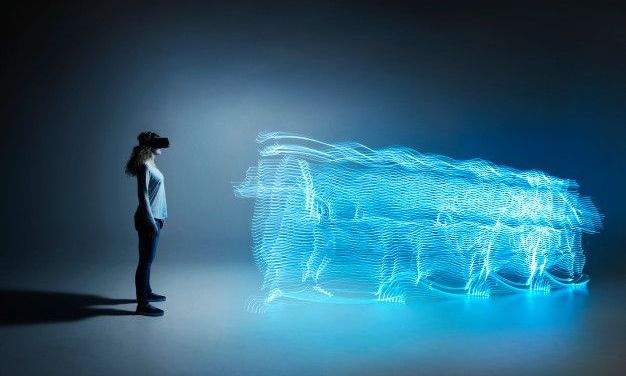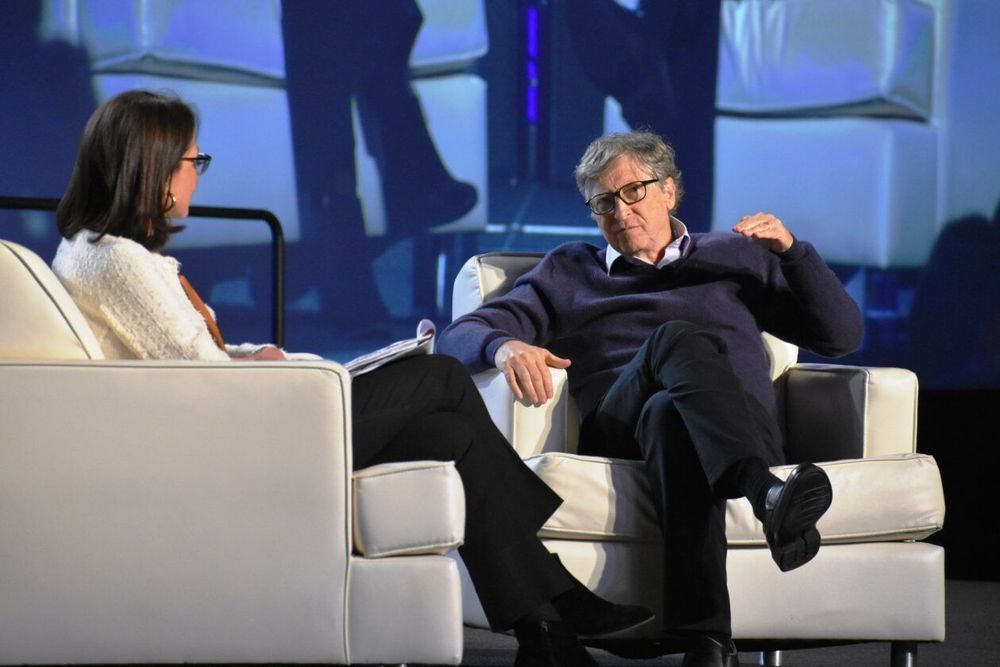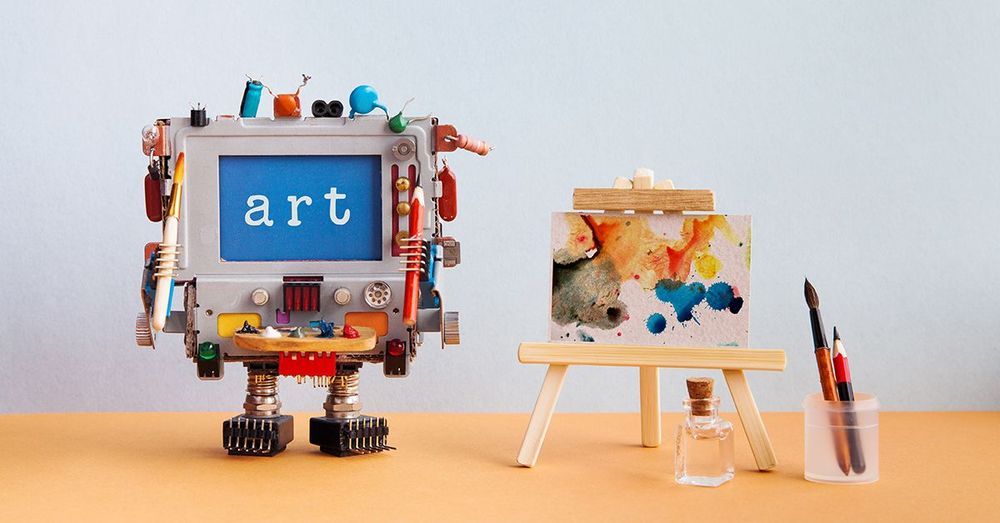Emergent technologies have made our world more efficient, engaging, and accessible. We’ve witnessed how innovations like artificial intelligence (AI) have transformed from largely an insider trend of the leading edge of the tech industry into more commercially viable devices, such as Amazon Echo, Siri, and on-demand machine learning from AWS. There tools have democratized the way we interact with the world.
In addition to AI, other innovative technologies have helped democratize many markets across the globe. However, the sector with, perhaps, the most notable impact in democratizing technology lies in industries that go beyond our planet.
The NewSpace industry—now comprised of startups, developing countries, and universities—is leading a movement of tech innovations that are helping to pave the way for the new space explorers. This new era not only focuses on lowering the barriers of entry for investors and companies, but it’s also fostering more sustainable, consumer-friendly models that promote better access to the final frontier.
